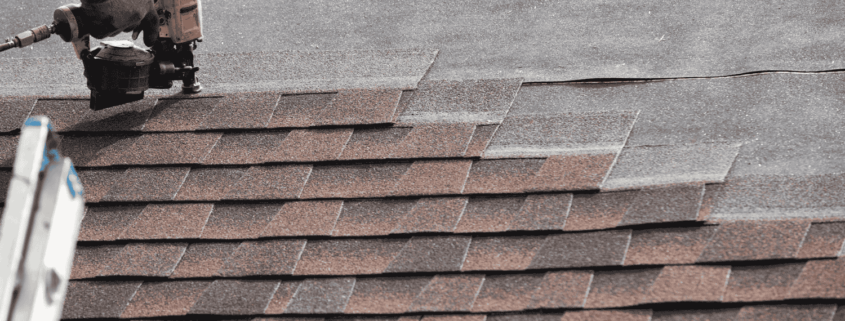Understanding Asphalt Roof Shingle Thickness: What Homeowners Need to Know
Asphalt roof shingle thickness directly affects your roof’s durability and weather resistance. Thicker shingles can offer better protection and a longer lifespan. In this article, we discuss how thickness impacts your roof’s performance and what you need to consider.
Key Takeaways
-
Thicker asphalt shingles offer enhanced durability and better protection against harsh weather, significantly extending the lifespan of roofs.
-
Choosing the right shingle thickness involves balancing budget, climate, and aesthetic preferences, with thicker shingles typically resulting in better long-term value.
-
Different types of asphalt shingles, such as 3-tab, architectural, and luxury, vary in thickness and performance, impacting installation requirements and overall roof effectiveness.
Understanding Asphalt Roof Shingle Thickness: What Homeowners Need to Know
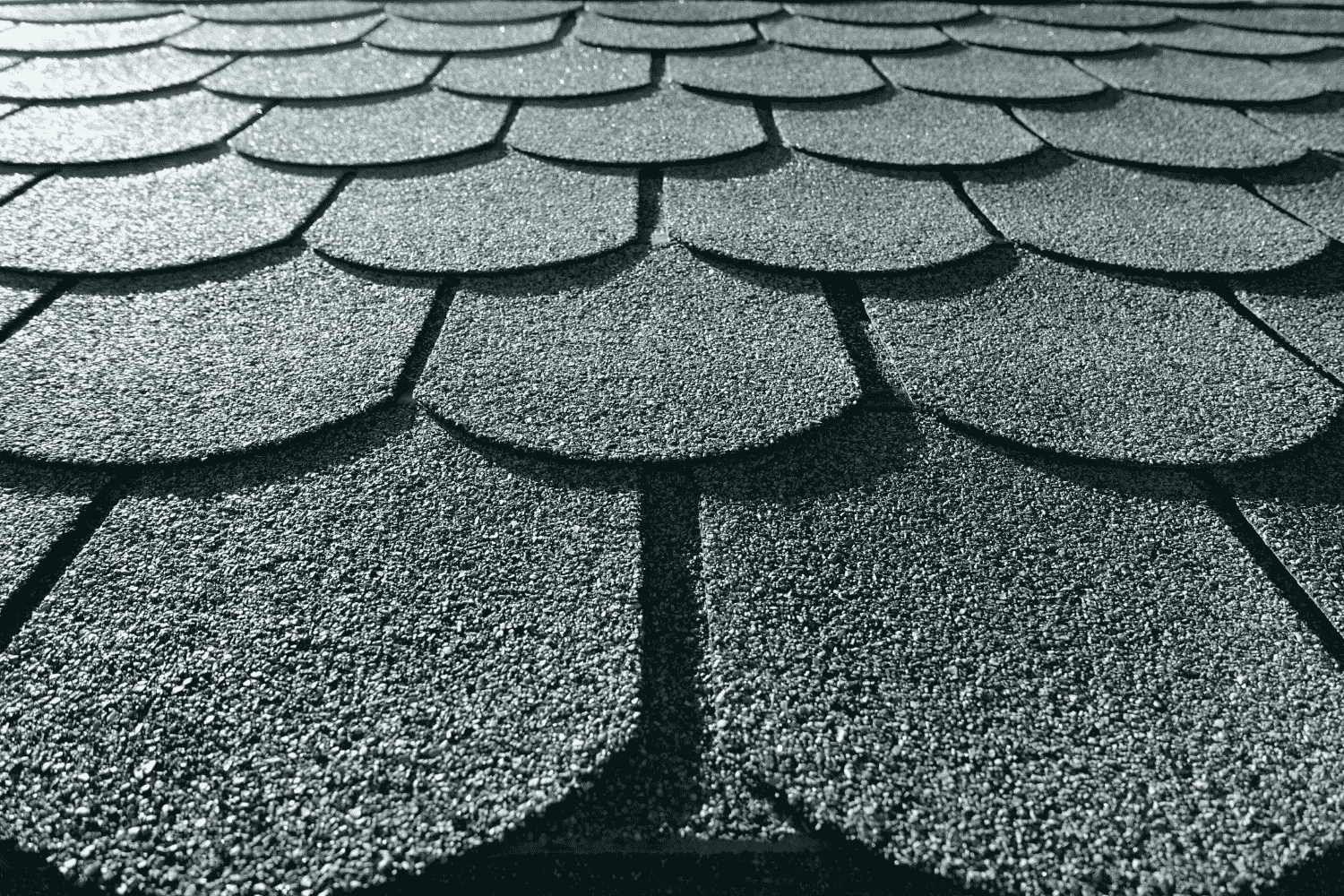
The thickness of asphalt shingles is more than just a number; it plays a vital role in the durability and overall protection of your roof. Thicker shingles are designed to withstand harsh weather conditions better, providing enhanced durability and longevity for your roofing system. They are particularly effective in offering resistance to extreme weather, such as strong winds and heavy rains, which can significantly impact the lifespan of your roof.
Shingle thickness varies widely depending on the type and composition of the shingle. Standard asphalt shingles come in varying thicknesses, directly influencing their strength and lifespan. Understanding these differences can help homeowners choose the right roofing materials that balance durability, cost, and aesthetic appeal.
Opting for thicker shingles means investing in a more durable roofing system, providing enhanced protection and peace of mind.
Introduction
Asphalt shingles have been a staple in residential roofing for many years, thanks to their affordability and effectiveness in various environmental conditions. A critical aspect homeowners should be aware of is the thickness of these shingles, measured in inches or centimeters. The thickness of the shingles you choose can significantly impact the installation process, overall performance, and longevity of your roof.
Understanding the basics of asphalt roofing shingles is important before discussing options with a roofing contractor. This knowledge will empower you to make informed decisions and ensure that your roofing investment meets your needs and expectations.
Whether you are considering a roof replacement or a new installation, being well-informed about shingle thickness will help you choose the best roofing materials for your home.
The Importance of Shingle Thickness
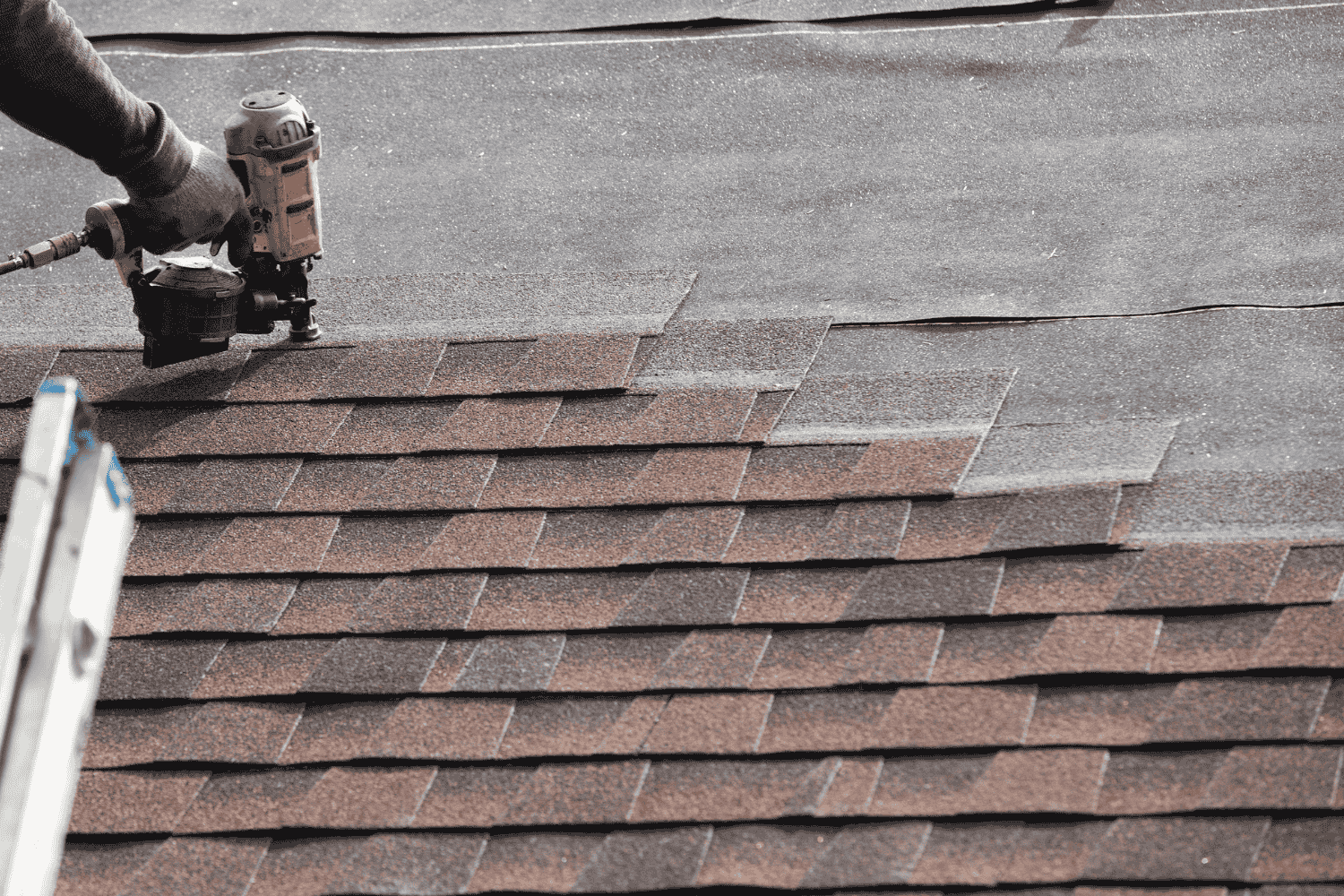
Shingle thickness is a critical factor that can significantly impact the performance and longevity of your roof. Thicker asphalt shingles often provide better protection against moisture intrusion, which is essential in preventing mold growth and structural issues within your home. This enhanced moisture resistance is particularly beneficial in areas prone to heavy rainfall or humidity.
The durability of roofing shingles is directly influenced by their thickness. Thicker shingles are more effective at withstanding harsh weather conditions, such as strong winds and heavy rains, providing better durability and longevity. This means that investing in thicker shingles can lead to fewer repairs and replacements over the lifespan of your roof, ultimately saving you money and hassle in the long run.
The chemical composition of asphalt shingles also plays a role in their performance and longevity. The proportion of volatiles and additives in the asphalt mixture can affect the thickness and durability of the shingles.
By understanding these factors, homeowners can make more informed choices when selecting roofing materials that will provide long-term protection and value for their homes.
Types of Asphalt Roofing Shingles
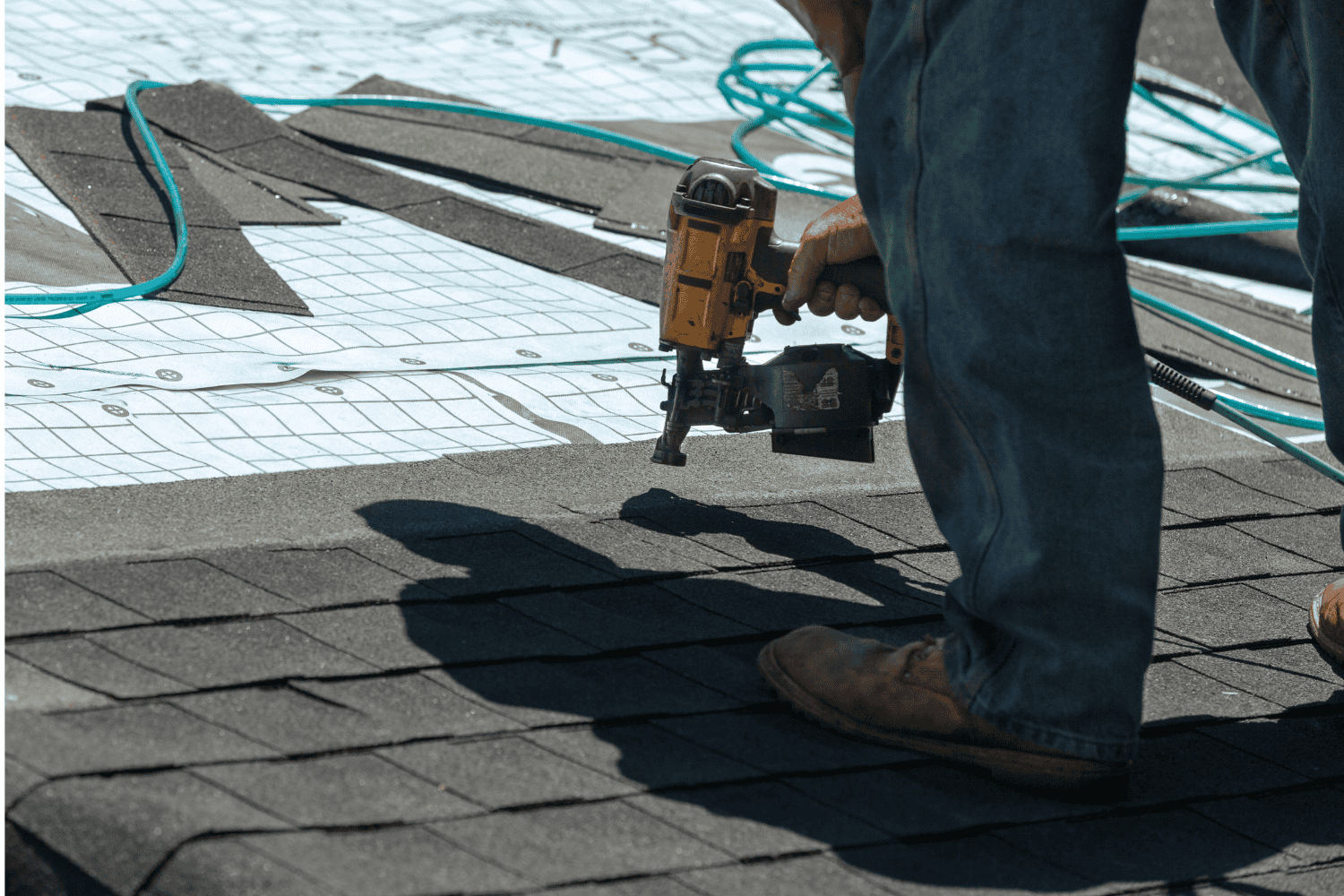
Asphalt shingles come in various types, each with its unique characteristics and benefits. The main categories of asphalt roofing shingles include 3-tab shingles, architectural shingles, and luxury shingles. These types differ not only in their appearance and cost but also in their thickness and performance.
The thickness of asphalt shingles varies depending on the type and material composition, directly impacting their durability and lifespan. For instance, 20-year shingles are typically thinner than 50-year shingles, indicating a significant variation in thickness among different types.
Understanding these differences can help homeowners choose the right type of shingle for their specific needs and budget.
3-Tab Shingles
Three-tab asphalt shingles are an affordable option for homeowners on a budget. Their ease of installation also makes them a popular choice. Characterized by their single-layer construction and flat appearance, these shingles are typically about 1/8 inch thick. While they offer a cost-effective roofing solution, their thinner design means they may not provide the same level of durability and weather resistance as thicker shingles.
Despite their limitations, 3-tab shingles can still be a viable option for many homeowners. They have a typical lifespan of 20 to 25 years, which is adequate for many residential applications.
However, they are generally considered less visually appealing compared to architectural shingles, which may be a consideration for those looking to enhance the curb appeal of their home.
Architectural Shingles
Architectural shingles, also known as laminated or dimensional shingles, offer a significant upgrade in both durability and aesthetic appeal compared to 3-tab shingles. These architectural roofing shingles are constructed with multiple layers of asphalt and fiberglass, providing added thickness and strength. Typically, architectural shingles are between 3/10 to 1/2 inch thick, making them about 50% heavier and thicker than 3-tab shingles.
The increased thickness of architectural shingles translates to enhanced durability and weather resistance, allowing them to withstand harsh environmental impacts better. This makes them a long-term investment, with a lifespan that can extend for decades longer than 3-tab shingles.
Additionally, architectural shingles often incorporate design features like shadow bands, which enhance their visual appeal and can mimic the appearance of more expensive roofing materials.
Another advantage of architectural shingles is their ability to enhance the curb appeal of a home. Their design can complement various architectural styles and provide a more substantial look to the roof. This not only improves the overall aesthetic but can also increase the market value of the home.
Luxury Shingles
Luxury shingles, also known as laminated or designer shingles, represent the pinnacle of asphalt roofing options. These shingles are crafted to replicate the look of premium roofing materials like slate and wood shingles. They also offer the extra thickness and durability that come with asphalt.
Typically, luxury shingles range from 1/2 inch to 3/4 inch in thickness, making them the thickest and most robust option available.
The premium thickness of luxury shingles offers superior durability and performance benefits, making them an excellent choice for homeowners seeking long-lasting protection and aesthetic appeal. While they come with a higher initial cost, the investment in luxury shingles can pay off in terms of enhanced curb appeal, increased property value, and reduced maintenance over time.
How Shingle Thickness Affects Roof Performance
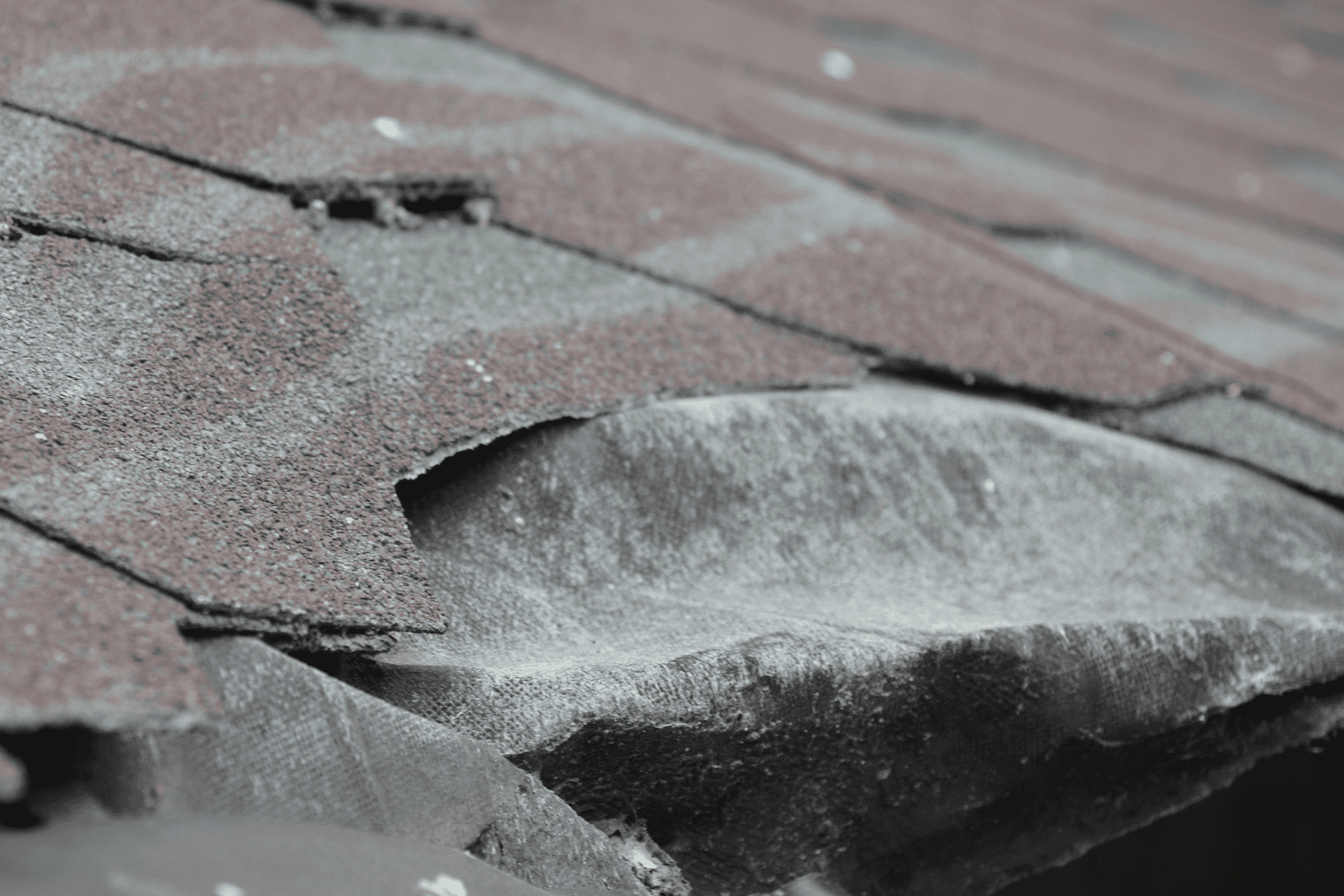
The thickness of asphalt shingles is a crucial factor in determining the overall performance of a roofing system. Thicker shingles provide better protection against harsh weather conditions, improved insulation, and superior resistance to wind and water damage.
In the following sections, we will explore in detail how shingle thickness affects key aspects of roof performance, including durability and longevity, insulation and energy efficiency, and wind and water resistance.
Durability and Longevity
One of the most significant advantages of thicker asphalt shingles is their enhanced durability and longevity. Thicker shingles are heavier and have better waterproofing properties, which contribute to their extended service life.
For example, architectural shingles, which are thicker than 3-tab shingles, can last between 30 to 50 years, making them a worthwhile long-term investment despite their higher initial costs.
The increased thickness of these shingles also means they can withstand harsh weather conditions more effectively, providing superior protection against wind, rain, and other environmental impacts. This enhanced durability reduces the need for frequent repairs or replacements, saving homeowners both time and money in the long run.
Additionally, the superior protection and longevity offered by thicker shingles make them a reliable choice for homeowners seeking a durable and low-maintenance roofing solution.
Proper maintenance is also essential to maximize the lifespan of thicker shingles. Regular inspections and timely repairs can help maintain the integrity of the roof and prevent minor issues from escalating into major problems.
By investing in thicker shingles and maintaining them properly, homeowners can enjoy a roof that not only lasts longer but also enhances the overall aesthetic appeal of their home.
Insulation and Energy Efficiency
Thicker shingles offer improved insulation properties, which can significantly enhance the energy efficiency of a home. The added thickness provides better thermal protection, helping to maintain stable indoor temperatures regardless of the weather outside. This means that homes with thicker shingles require less energy for heating and cooling, leading to lower utility bills and reduced energy consumption.
The improved insulation provided by thicker shingles can also contribute to a more comfortable living environment. By reducing the reliance on heating and cooling systems, homeowners can achieve a more consistent indoor climate while also benefiting from the cost savings associated with lower energy usage.
In this way, investing in thicker shingles not only provides durable roofing but also offers a cost-effective roofing solution in the long run.
Wind and Water Resistance
Thicker asphalt shingles are more effective at withstanding harsh weather conditions, providing better wind and water resistance compared to thinner shingles. This superior resistance is particularly important in regions prone to heavy winds and rains, where the risk of moisture damage and structural issues is higher. Laminated shingles, for example, utilize ceramic-coated minerals as an additional layer to enhance water resistance.
Reduced water penetration is a significant benefit of thicker shingles, as it helps prevent rot, mold, and other structural issues that can compromise the integrity of the roof. Thicker shingles also offer better wind resistance, making them a reliable choice for areas with frequent heavy winds.
Investing in thicker shingles ensures better protection against the elements, enhancing the longevity of your roof.
Choosing the Right Shingle Thickness for Your Home
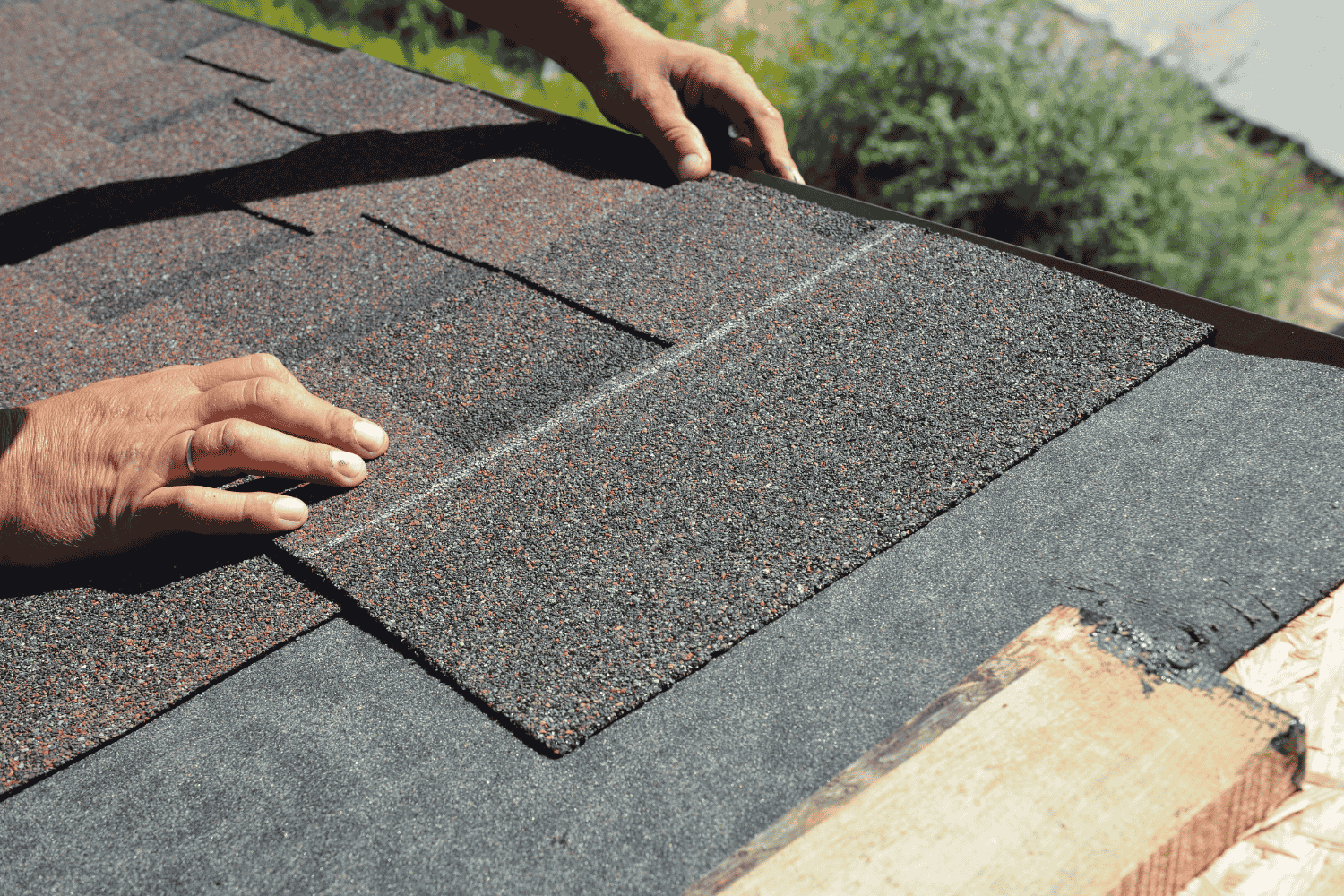
Selecting the right shingle thickness for your home involves considering several factors, including budget, climate, and structural considerations. Thicker shingles tend to be more expensive upfront, but they offer long-term benefits such as increased durability, better insulation, and enhanced aesthetic appeal.
Homeowners should weigh these benefits against their budget constraints to find a suitable balance.
Climate plays a crucial role in determining the best type of asphalt shingles for your home. In regions with harsh weather conditions, such as heavy snowfall or frequent rain, thicker shingles can provide better protection and longevity.
Additionally, local building regulations may set requirements that affect the choice of shingle thickness, ensuring compliance with safety and performance standards.
Aesthetic appeal is another important consideration. Thicker shingles, such as architectural types, can enhance the overall look of the roof and complement various architectural designs. This can potentially increase the market value of your home, making it a worthwhile investment.
By considering these factors, homeowners can make informed decisions and choose the right shingle thickness that meets their needs and preferences.
Installation Considerations for Thicker Shingles
Installing thicker shingles requires careful consideration of the roof’s structural integrity and load-bearing capacity. The added weight of thicker shingles can impact the structural strength of the roof, necessitating an assessment before installation.
Consulting with a professional roofing contractor is recommended to determine if your roof can handle the additional weight and to identify any necessary structural reinforcements.
The condition of the roof deck and the slope of the roof can also dictate shingle thickness requirements. Certain roofing materials and designs may necessitate specific slopes for proper installation.
Additionally, the installation cost for thicker shingles, such as architectural shingles, can range from $1.00 to $1.50 per square foot, which may be higher compared to thinner shingles. Collaborating with an experienced roofing contractor ensures your roof is properly prepared and installed for thicker shingles.
Cost vs. Value of Thicker Shingles
When considering the cost of thicker asphalt shingles, it’s essential to look beyond the initial price tag. Thicker shingles typically cost more upfront compared to their thinner counterparts. However, this initial investment often translates into greater long-term value. Thicker shingles provide enhanced durability and weather resistance, reducing the need for frequent repairs and replacements. This can save homeowners money in maintenance costs over the life of the roof.
Moreover, the superior insulation properties of thicker shingles can lead to significant energy savings. By improving the energy efficiency of your home, thicker shingles can help lower utility bills. Additionally, the increased curb appeal and potential property value enhancement offered by thicker shingles can provide a return on investment, making them a cost-effective roofing solution in the long run.
Ultimately, investing in thicker shingles is a strategic choice that balances initial costs against significant long-term savings and benefits. Homeowners should consider not only the immediate financial impact but also the durability, energy efficiency, and aesthetic enhancements that thicker shingles offer. This comprehensive approach ensures that the roofing investment provides maximum value and protection for years to come.
Arocon’s Expertise in Roofing Solutions
At Arocon, we pride ourselves on providing comprehensive roofing solutions tailored to meet the unique needs of our clients. Our expertise in installing various types of asphalt roofing shingles ensures that homeowners receive the best possible protection and aesthetic appeal for their roofs. From 3-tab shingles to luxury shingles, our team of experienced professionals is equipped to handle any roofing project, big or small.
In addition to our roofing services, Arocon offers a full range of home improvement solutions, including gutters, siding, windows, and doors. Our Roof and Gutter Tune Up service, which includes gutter cleaning, resealing roof vents and piping, and replacing shingles after a storm, is designed to keep your roofing system in top condition.
For larger project repairs and replacements, we provide complimentary, no-obligation consultations to help homeowners make informed decisions. Trust Arocon to deliver quality, reliability, and exceptional customer service for all your roofing needs.
Summary
Understanding the importance of asphalt shingle thickness is key to making informed decisions about your roofing system. Thicker shingles provide enhanced durability, better insulation, and superior resistance to wind and water damage.
By choosing the right shingle type and thickness, homeowners can ensure their roofs offer long-lasting protection and aesthetic appeal.
As you consider your options, remember that investing in thicker shingles may involve higher upfront costs but can result in significant long-term savings and added value to your property.
Whether you’re planning a roof replacement or a new installation, consulting with a professional roofing contractor like Arocon can help you make the best choice for your home. With our expertise and comprehensive range of services, we are committed to providing you with roofing solutions that meet your needs and exceed your expectations.
Frequently Asked Questions
Why is shingle thickness important for my roof?
Shingle thickness is crucial as it directly impacts the durability and weather resistance of your roof, ensuring better protection and increased longevity. Choosing appropriate thickness can ultimately enhance the overall performance of your roofing system.
What are the different types of asphalt shingles available?
The three main types of asphalt shingles are 3-tab shingles, architectural shingles, and luxury shingles, each providing varying thicknesses and benefits to meet your roofing needs.
How does shingle thickness impact energy efficiency?
Thicker shingles significantly enhance energy efficiency by providing better insulation, which helps maintain stable indoor temperatures and reduces energy consumption. This results in lower utility bills for homeowners.
What should I consider when choosing the right shingle thickness?
When choosing the right shingle thickness, you should consider your budget, local climate, structural requirements, and personal aesthetic preferences. This balance will help you make an informed decision that meets your roofing needs effectively.
Why should I choose Arocon for my roofing needs?
Choosing Arocon for your roofing needs is beneficial due to their extensive experience with asphalt roofing shingles and the comprehensive services they offer, including free consultations for larger projects. This ensures you receive professional guidance and a high-quality installation.

